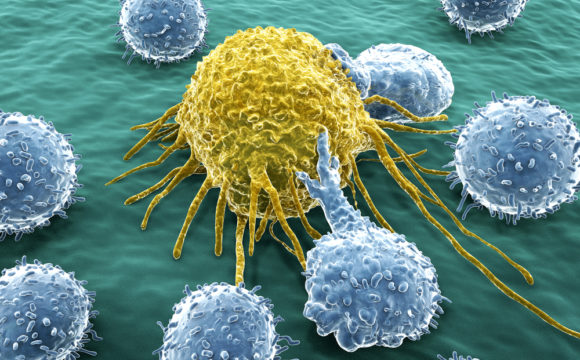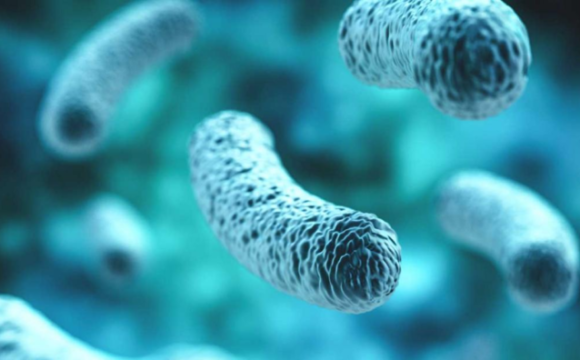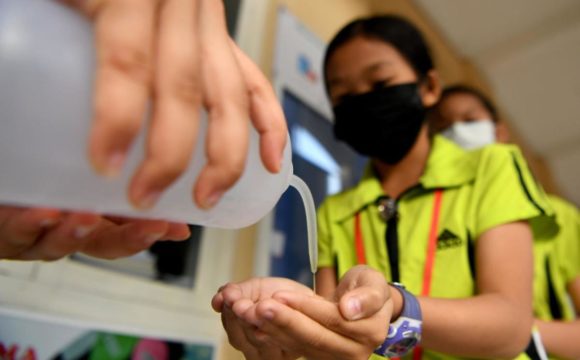The 9th International AIDS Society Conference on HIV Science was held in Paris this month. More than 6,000 scientists, researchers, and global health experts from all over the planet shared their findings at this four day meet. Many of the exciting results have been shared on the mainstream and social media.
This article is a brief summary of some of those reporting pertaining to HIV research and clinical trials.
The most intriguing story is of a child from South Africa who was given treatment against HIV at a very early age and has undetectable levels of virus for nine years since. The child was diagnosed with high levels of HIV when he was born in the year 2007. About 32 days after his birth he was enrolled in a clinical trial wherein he along with other 143 infants received early antiretroviral therapy (ART) for about 40 weeks. After this period of 40 weeks, the child was not given any further treatment and his health was monitored carefully by researchers. Not only the HIV levels were no longer detectable in his blood but the child had no symptoms of the disease whatsoever. Although this is the third child with such result (first one was reported in Mississippi in 2010 and second in France in 2015) this case is undoubtedly the first in which a sustained control of HIV was observed in a child enrolled in a randomized trial of ART in early infancy.
Although this can well be called an isolated incident in which a child’s own immunity might have contributed in combating HIV, it does contribute to making a case for early treatment of HIV in children (Source: Time.com 2017)
The other study published in the New England Journal of Medicine shows how a mixture or cocktail of different drugs can help reduce mortality in patients with a delayed or late diagnosis of HIV. The study comprised of 1,805 adults, teenagers and children from across east Africa or the sub-Sahara region. A region where economic and health infrastructure along with social stigma often results in the late diagnosis of HIV leading to serious illnesses and increased vulnerability especially amongst women and children. Half of all the participants were given a combination of six drugs isoniazid (anti-Tuberculosis), fluconazole (against fungal infections), albendazole (against worms), azithromycin and co-trimoxazole (antibiotics). After six months it was found that the mortality rate was 9% in the drug administered group compared to the 12% in the control. The drugs-combo is estimated to prevent roughly 10,000 deaths each year. Its cost effectiveness adds to its practical value. The WHO will now decide whether this treatment method should be adopted (Source: The Guardian 2017)
In yet another study, published in the journal Nature, it was shown that cow produces antibodies against HIV at a rate much faster than humans. About 96 per cent of HIV strains which were tested in a laboratory were neutralized within a time of fewer than 381 days. It is a well-established fact that HIV virus is able to escape the Human immune system making it difficult to target. However, scientists believe that Cow’s complex digestive system has enabled them to have an advanced immune system. Cows can, therefore, be very helpful in understanding the science of HIV immunization.
The research was conducted by International Aids Vaccine Initiative and the Scripps Research Institute, USA. (Source: telegraph.co.uk 2017)
(Source: news.bbcimg.co.uk)
The study was published in the journal The Lancet.
It comprised of administering Antiretroviral (ARV) drug cabotegravir and rilpivirine via injections rather than oral dosage in about 309 patients for a period of 20 weeks. In the next stage, these patients were divided into three groups of which one was given oral drugs as before and the other two were given ARV injections every 4 weeks and every 8 weeks respectively. It was eventually found that all the three groups showed more or less the same levels of viral load suggesting that “the cabotegravir and rilpivirine injection is just as effective as the regular treatment with oral doses”.
The image is only for representational purposes
(Source: humangrowthhormonefaqs.com)
It may not be feasible for many HIV patients to have an absolutely regular consumption of oral drugs due to a variety of reasons. This where such a study can be used in providing effective alternatives. (Source: medicalnewstoday.com 2017)










